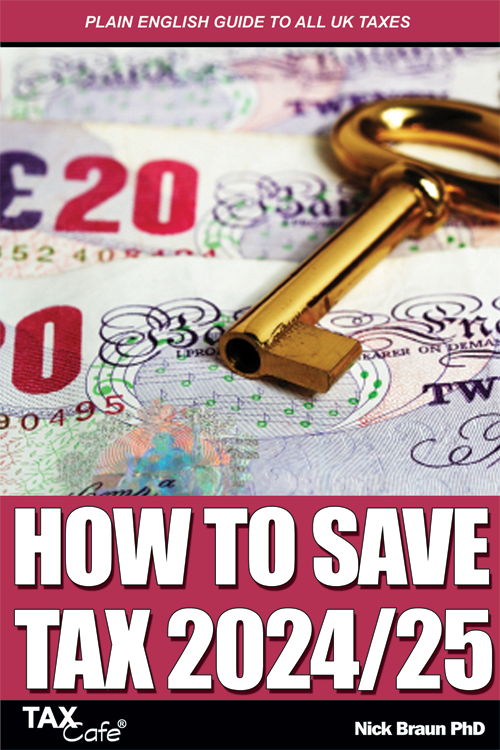Employing Children
Paying Salaries to Children to Save Tax
It’s often worth getting your company or sole trader business to employ your children (including your minor children) at certain points in time. The salary payments will be a tax-deductible expense for the business, providing the payments can be justified by the duties performed. (In one tax case a son’s wages were disallowed because there were no time records or other evidence to justify the payments.)
The income will generally be tax free in the hands of the children, if they’re at school, college, or university and have no other taxable income.
A tax deduction coupled with a tax-free receipt is the best possible outcome when it comes to extracting money from your company!
Children under 21 can be paid up to £12,570 with no Income Tax or National Insurance consequences for either them or the company (assuming they have no other taxable income).
For those who are 16 and over, employee’s National Insurance will be payable on any salary in excess of £12,570 at 8%. To avoid employee’s National Insurance on salaries paid to non-directors, it is important to make regular weekly or monthly payments of no more than £242 or £1,048 respectively.
There is no employer’s National Insurance on salaries of up to £50,270 paid to employees under 21 and apprentices under 25. The exemption is not lost if the employee earns more than £50,270: employer’s National Insurance is only payable on the excess.
It’s important to note the restrictions on the hours and work children can do because this affects how much you can pay them.
Restrictions on Work and Hours
Children are of compulsory school age up to the last Friday in June in the academic year of their 16th birthday. After this, they are at the ‘mandatory school leaving age’ and can apply for a National Insurance number and work full time.
Until that time there are restrictions on the hours and types of work that can be carried out. For starters, it is generally illegal to employ children under 13 in any capacity (unless they’re involved in acting or modelling).
Other children under school leaving age must not work:
- Without an employment permit if local byelaws require it
- In factories or on industrial sites
- During school hours
- Before 7.00 am or after 7.00 pm
- For more than one hour before school (local byelaws permitting)
- For more than four hours without taking a one-hour break
- In occupations prohibited by byelaws/legislation (e.g. pubs)
- If the work will harm their health, wellbeing, or education
- Without having a two week break during the school holidays in each calendar year
More Restrictions on Hours Worked
During term time children under school leaving age can work for no more than 12 hours per week including a maximum of:
- Two hours on school days and Sundays
- Five hours on Saturdays for 13 to 14 year olds; eight hours for 15 to 16 year olds
During school holidays, 13 to 14 year olds may work a maximum of 25 hours per week. This includes a maximum of:
- Five hours on weekdays and Saturdays
- Two hours on Sunday
During school holidays, 15 to 16 year olds under school leaving age may work a maximum of 35 hours per week. This includes a maximum of:
- Eight hours on weekdays and Saturdays
- Two hours on Sunday
National Minimum Wage & Living Wage
If your children are below the compulsory school leaving age, the national minimum wage does not apply. From 1st April 2025, the hourly rates for older children are currently as follows:
- £12.21 Living wage, 21 and over
- £10 for those aged 18-20
- £7.55 for those aged 16-17
- £7.55 for apprentices under 19 or in their first year
For further detailed information on employing people including children and other family members, please see our comprehensive mini guide by Carl Bayley BSc FCA:
What Will I Receive?
- eBook Guide - 26 page PDF guide (immediate download)
- All Orders - A FREE copy of our bonus guide How to Save Tax (immediate download)
- 100% Money Back Guarantee - Full refund if you are not entirely happy with your purchase
 Free Bonus Tax Guide - How to Save Tax 2025/26
Free Bonus Tax Guide - How to Save Tax 2025/26
When you order this guide you will also receive a FREE copy of How to Save Tax.
This comprehensive tax guide contains a wealth of tax saving tips. The latest edition includes all major tax announcements made in the October 2024 Budget and the March 2025 Spring Statement.
Please click here for more information on this excellent bonus e-book.




